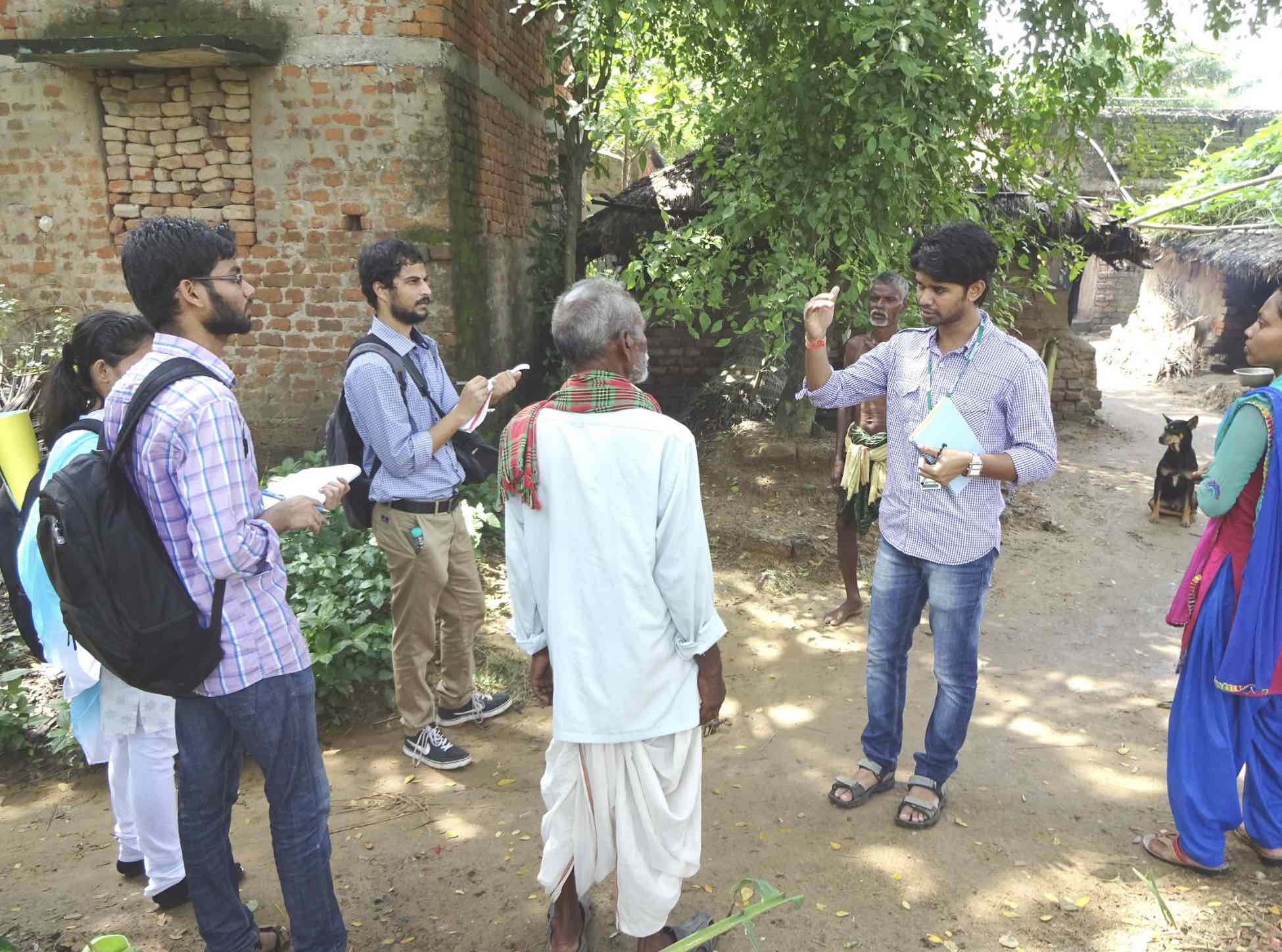Data from the Census Bureau show that 68.84% of people reside in rural areas. These regions are growing far more slowly economically than the rest of the country; therefore, agriculture continues to be a major source of income for rural communities. The livelihood of more than two-thirds of Indians comes from agriculture. Hence, agriculture’s development will contribute to the improvement of rural areas and people.
These realities lay down the base of courses like the MBA in Rural Management. The program aims to train individuals to raise the standard of living for rural residents who lack access to basic amenities. This encompasses their social, economic, political, and spiritual development.
Benefits of Pursuing a MBA in Rural Management
Students can pursue MBA in Rural Management for the following reasons:
- Rural area residents of India are unable to fully utilise the resources that are available to them. Hence, the study of rural management is particularly demanding in order to improve the growth of rural areas. The government appoints qualified rural managers to help the people in rural areas grow, improve, and expand. People having specialisation in rural management can manage and implement ideas that have a chance of success.
- Pursuing this course is the finest opportunity for those who are seriously worried about the economic development of the nation & want to improve the state of rural areas. A MBA in Rural Management will allow them to study and conduct research that will uplift rural areas in multiple ways. Both the public and private sectors will be open to them after doing this diploma.
- India is a nation with a large number of rural areas. Therefore, there is a high need for individuals who are well aware of the rural settings and can play a major role in the overall development of these areas by making use of their knowledge and understanding of ground-level issues.
- The MBA in Rural Management scope is not limited to the private or public sector, as the rural managers can work for NGOs or establish their own. Nandi Foundation, PRADHAN, CARE, SEWA, BAIF, Seva Mandir, etc., are a few examples of national NGOs that work towards strengthening the rural societies of India.
- Individuals pursuing master’s program can also operate in the agribusiness sector, agricultural marketing, and management of agro-products. In fact, this program enables one to also work in the rural cooperative sector.
- MBA in Rural Management offers great career opportunities which don’t have a lot of competition and give a good salary. The following are some of these jobs:
- Rural Development Officer
- National Sales Development Manager
- Research Officer
- Rural Minister
- Consultant
- Vendor Development Manager
Enhance the Growth of Rural Areas with the KIIT School of Rural Management (KSRM)
MBA in Rural Management is a 2 year program which aims to empower individuals who would either join community/rural development initiatives at the government/NGO level or return to their rural homes and initiate changes by incorporating their learning in village reconstruction.
The experienced faculty of KSRM has designed the curriculum in such a way that the students also gain an understanding of the relevant Acts and Policies that have emerged in the last few decades.
Further, the KIIT School of Rural Management fosters analytical and critical thinking for evidence-based decision-making for issues in rural areas. It develops the necessary knowledge and skills in students to enable them to work as a supervisory level cadre in both government and non-government organisations.
Therefore, play a major role in the development of rural areas and the upliftment of people with a MBA in Rural Management from KIIT School of Rural Management (KSRM).


